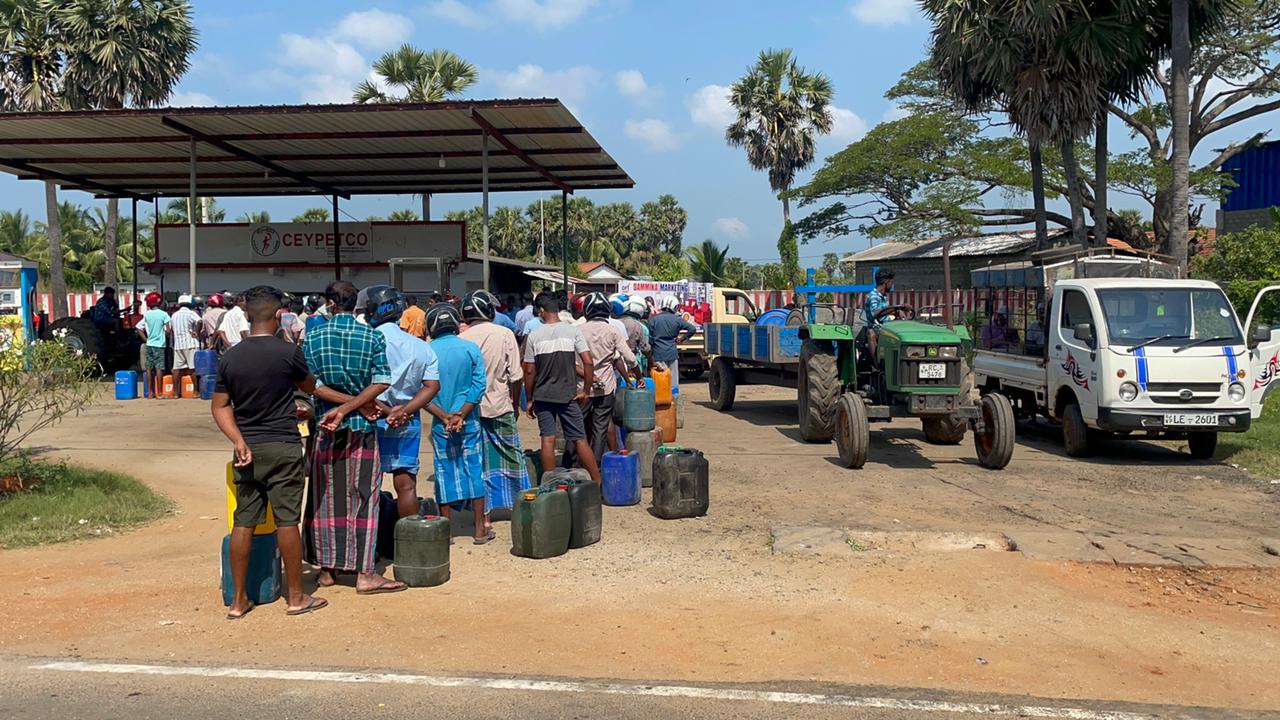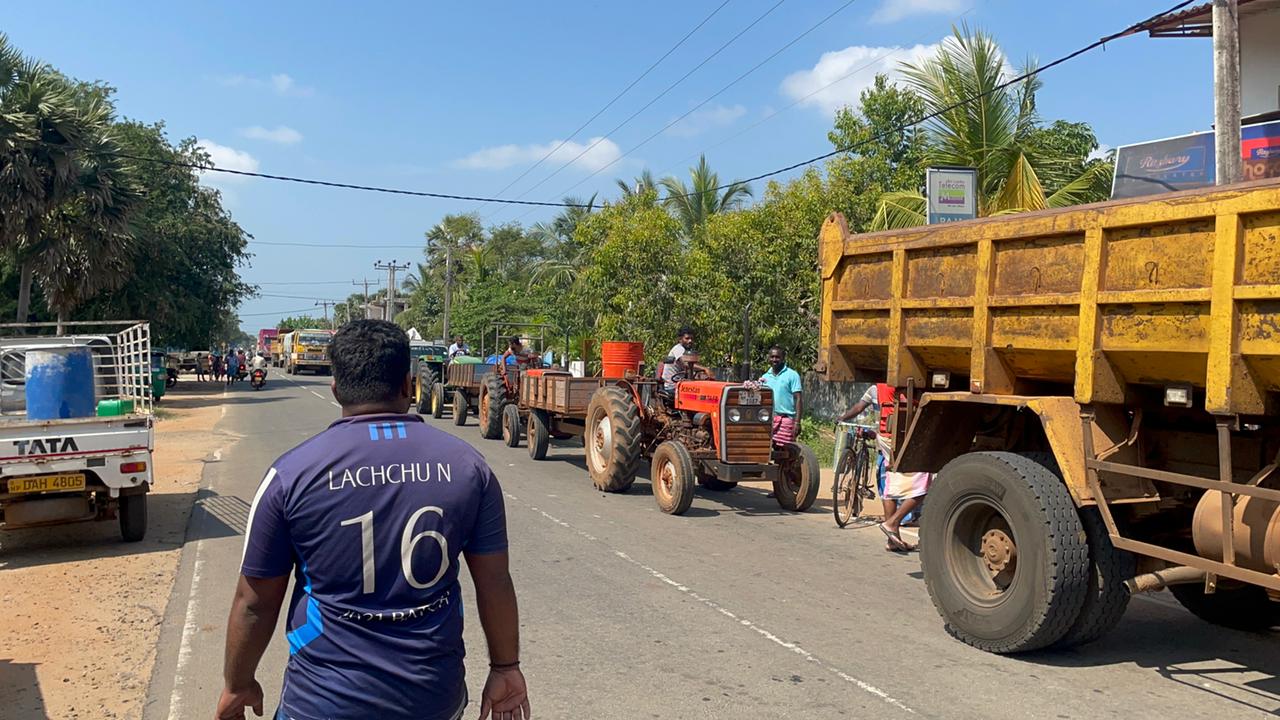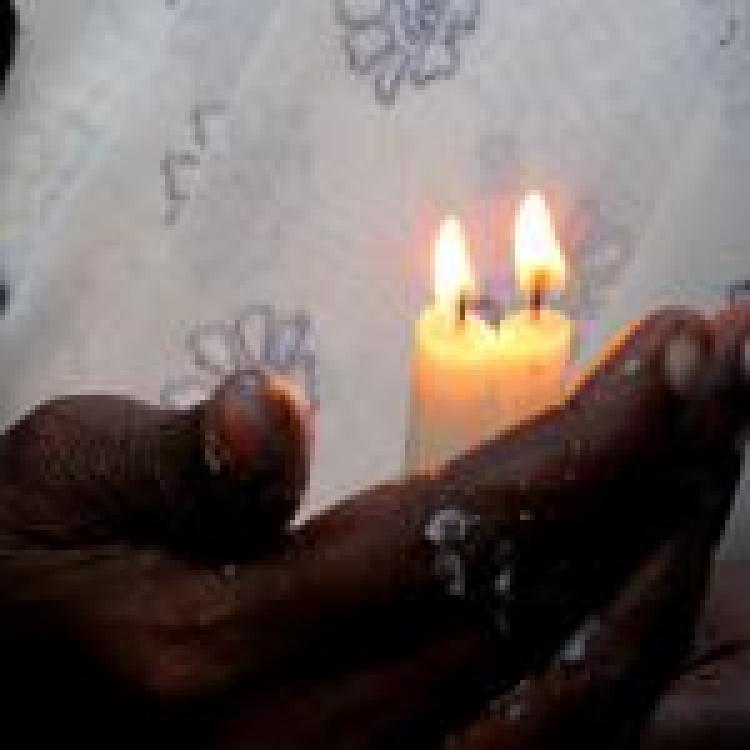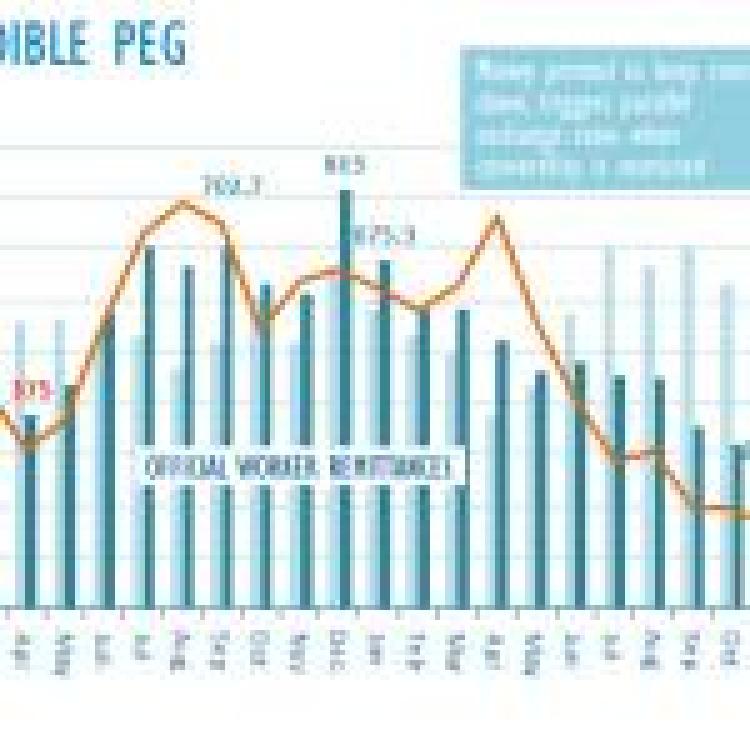
Farmers in Mannar have been unable to harvest their crops this week due to Sri Lanka’s ongoing fuel shortage.
Sri Lanka’s fuel crisis has left farmers in the Nanattan and Musali areas without fuel that is desperately needed for their tractors and harvesters for the crops that are ready to be harvested.
The farmers who have already been affected by the shortage of fertilisers and pesticides, are facing serious risks to their livelihoods. Mannar farmers have requested the Mannar District Government Agent to take an immediate decision to provide access to fuel for agricultural harvesting activities.

Due to foreign exchange shortages, the state-run Ceylon Petroleum Corporation (CPC) has been unable to import fuel, leaving long queues at petrol stations across Sri Lanka.
The Sri Lankan government has been enforcing power cuts, some for more than 7-hours, across parts of the island in an attempt to ration it’s fuel supply.
Sri Lanka's depleting foreign reserves have caused the prices of fuel, milk and medicine to sky rocket. Sri Lanka’s economy has crippled further following the coronavirus outbreak as revenue from the tourism sector and exports have taken a massive hit.
Despite assurances from Sri Lanka’s Finance Minister Basil Rajapaksa that the worst of the economic crisis is over, many are doubtful that it is far from over.




